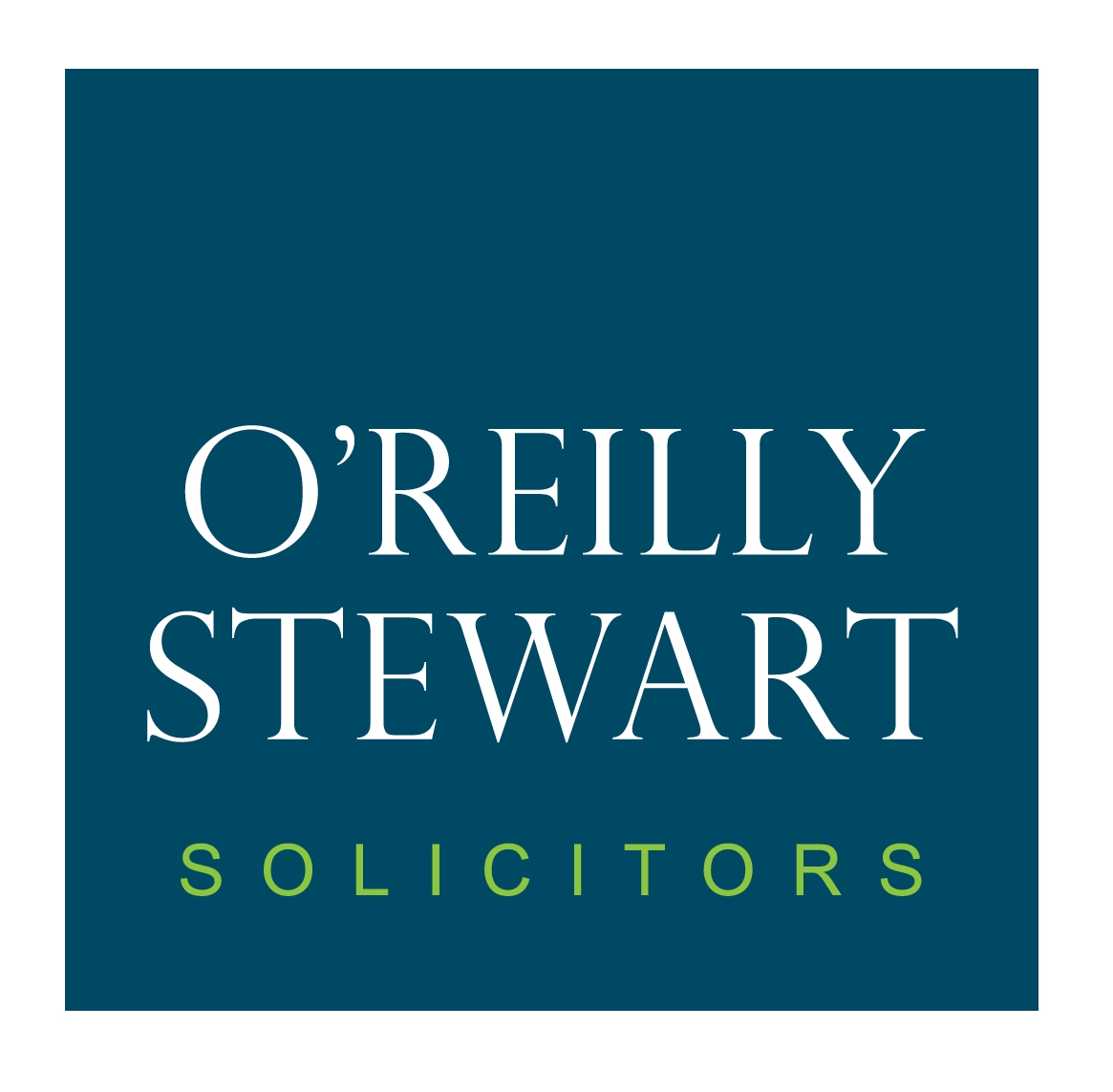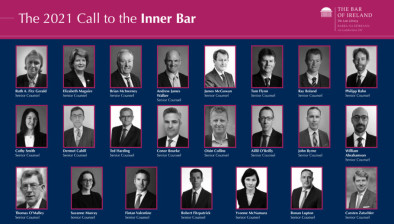Aine Tyrrell: When is a public inquiry justified?

Aine Tyrrell
Northern Ireland lawyer Aine Tyrrell considers the circumstances in which a public inquiry is justified.
Since the start of this century, the public in Northern Ireland have become all too familiar with the role that a public inquiry can play in investigating a particular incident or set of events. Despite this, there is no set criteria to establish when or whether an inquiry is required, as highlighted in the high-profile case of Sean Brown. Even if an inquiry is set up, the type of inquiry, its parameters and investigatory powers can differ widely from case to case.
The Inquiries Act 2005 was set up in the aftermath of the Bloody Sunday Inquiry. It confirms that an inquiry can be established by a government minister where it appears to him or her that particular events have, or may have, caused public concern.
The intended purpose of this legislation was to bring clarity to the role of an inquiry with better control of cost and duration. However, the Act has been controversial from the outset, particularly in relation to the power it provides the government to restrict attendance at an inquiry or to disclose or publicise evidence. Many argue that it does not result in a truly independent and impartial inquiry process. As a result, a dual system persists whereby non-statutory inquiries are increasing in number and there remains no specific list of conditions which must be met in order for a full inquiry to proceed.
The key difference between a statutory inquiry and a non-statutory inquiry is that the former cannot compel witnesses to either give evidence under oath or to produce evidence relevant to the inquiry. The ongoing Covid-19 Inquiry for example is a statutory public inquiry, led by Baroness Hallett. In certain circumstances, there are scenarios whereby non-statutory inquiries can be converted to a statutory inquiry, as occurred with the Post Office Horizon IT Inquiry which received widespread public attention when ITV broadcast Mr Bates vs The Post Office series last year.
In the last 25 years, the number of inquiries in both this jurisdiction and the rest of the UK has increased significantly. There are currently 20 ongoing public inquiries in the UK and Northern Ireland including the Inquiry into Muckamore Abbey Hospital, the Urology Services Inquiry and the Inquiry into the Omagh Bombing.
The number of ongoing inquiries has created a certain level of expectation on the part of the public as to what circumstances call for an inquiry. For example, the 17,500 women impacted by the cervical smear recall at the Southern Health and Social Care Trust will no doubt question why these events do not justify an inquiry when the neurology recall at the Belfast Health and Social Care Trust did. The ambiguity over what the criteria for holding an inquiry is, leaves these patients in the dark, and creates an imbalance between events where an inquiry is considered to be justified and occasions when a government minister does not think what he or she views as being the threshold for an inquiry is met.
If a public inquiry is put in place then the involvement of the patients or persons affected can also vary. For example, the Muckamore Abbey Hospital Inquiry took the decision to grant certain persons “core participant” status. This meant patients and families of deceased patients were entitled to separate legal representation and had the right to receive disclosure collated for the inquiry (including written evidence, records, reports, images and videos). Our specialist legal team were able to ask questions of witnesses and to make submissions to the Muckamore Inquiry itself in the interests of the patients, to highlight their experiences.
While there can be flaws in the inquiry process, a public inquiry, if done properly and armed with proper powers to compel evidence and witnesses, can be a powerful forum for victims of unexpected events to obtain information about what happened and why and ultimately receive the justice and compensation that they rightly deserve. There must however be greater transparency and equality over what events justify an inquiry and clarification from the government in this regard is welcomed.

- Aine Tyrrell is a partner at O’Reilly Stewart Solicitors.











